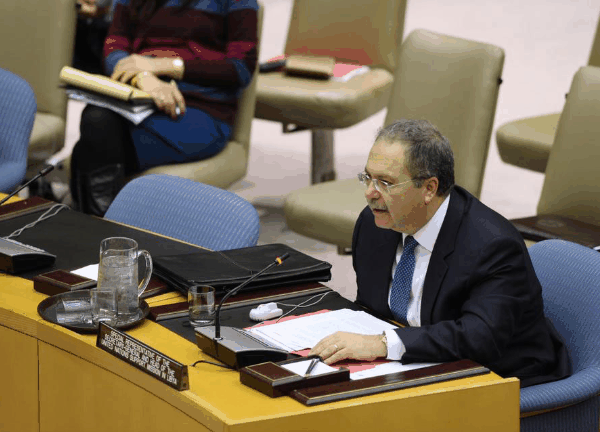“The legitimacy of adopting measures to exclude individuals who committed serious human rights violations from holding public office constitutes a valid transitional justice measure,” he stated.
“However, in meetings with political leaders and Congress members, we have consistently urged caution on the adoption of the law, and highlighted international standards that ought to apply to any vetting mechanism.”
A special session last week of the General National Congress to discuss the draft law ended in “disarray” after protesters threatened to use force unless Congress members voted to adopt the draft law. This was followed by the attempted assassination of the head of the Congress, as well as other attacks and acts of violence.
Libya has been undergoing a transition toward a modern democratic State, after decades of autocratic rule and the toppling of the regime of Muammar al-Qadhafi. The former leader ruled the North African country for more than 40 years until a pro-democracy uprising in 2011 – similar to the protests in other countries in the Middle East and North Africa – led to civil war and the end of his regime.
Mr. Mitri said that despite the fact that the Libyan people have come a long way since the liberation of the country 17 months ago, the security problem remains “formidable,” and is arguably the predominant concern for most Libyans.
“Significant progress in improving the country’s precarious security situation remains hampered by weak state institutions and security coordination mechanisms, as well as continuing mistrust of the State’s security forces by many of those who fought during the revolution, most of whom remain armed,” said the envoy.





